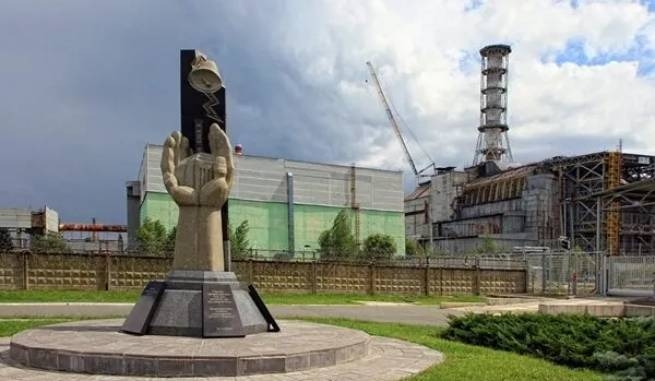To be or not to be nuclear power? Almost doomed, with the beginning of the war in Ukraine and the ensuing energy crisis, the industry again received an impetus to development.
The Chernobyl nuclear power plant became notorious after the disaster, which is still considered the most serious in history. According to the IAEA, then, 37 years ago, there was a loss of control of the reactor of the 4th power unit at the Soviet nuclear power plant, and the tests were carried out improperly. As a result, a chemical explosion occurred, the reactor building collapsed and hundreds of dangerous radionuclides were released into the atmosphere. It is estimated that the total yield of the explosion was more than 100 times greater than the yield of nuclear weapons used during World War II.
The memory of the disaster lives on almost four decades later, and the fear of another nuclear tragedy has intensified since the start of the war in Ukraine. There are fifteen nuclear power plants in the attacked country, the largest is located in the Zaporozhye region. Despite repeated appeals from the IAEA, there are literally every day reports of air strikes near the nuclear power plant.
Olli Heinonen, former Deputy Director General of the IAEA, senior adviser to the Foundation for the Defense of Democracies, considers the existing danger to be much greater than in the fateful year 1986:
“The situation today is worse in a certain sense. Firstly, this is a deliberate attack, and it is very difficult to protect a nuclear power plant if shells or missiles hit the wrong place. In addition, the power plant becomes unusable over time. They have less and less spare parts. And now, considering All these factors, I think we are moving in the wrong direction.”
So what is happening with nuclear energy now? France is the undoubted leader in this industry – 69% of all the capacities of the national power grid are tied to nuclear power plants. The share of nuclear power plants in the electrical systems of Ukraine (55%), Slovakia (52.3%) and Belgium (50.8%) is also high. The only country that aims to completely phase out nuclear energy in favor of hydrocarbons is Germany. World Nuclear Association Senior Communications Manager Jonathan Cobb laments:
“This is, frankly, unforgivable behavior when a country like Germany is still so dependent on fossil fuels. In Europe alone, we see France going to build new reactors, the UK is also going to build, Poland is considering for the first time the possibility of creating reactors The Netherlands is back on the subject of nuclear power plants… Sweden… Many other countries in Europe are now considering building new nuclear power plants and also seeking to extend the life of existing reactors. Germany is alone in this regard. And I think this is very bad the decision on the part of Germany is to phase out the production of nuclear energy and rely in the old fashioned way on fossil energy sources.”
However, the last reactors were shut down in Germany in April of this year.







More Stories
The Minister of Health called the protesters "insignificant people, kafirs"
Gold Switzerland: “We are in the last 5 minutes of our financial system – the collapse of everything is approaching”
Union of Judges: “People’s courts were created against us with the loyal attitude of the government”